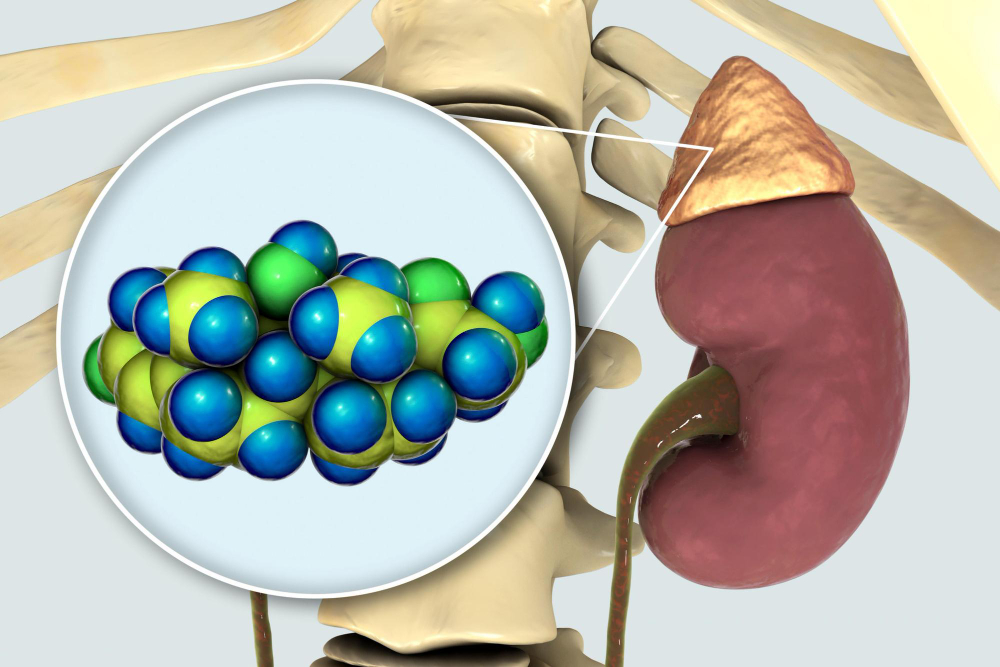Cholecystitis

Cholecystitis is inflammation of the gallbladder, typically caused by gallstones obstructing the cystic duct. It requires medical attention to prevent complications.
Causes The primary cause of cholecystitis is gallstones, which block the bile flow from the gallbladder. Other causes include infections, tumors, or bile duct abnormalities.
Symptoms Symptoms of cholecystitis include severe pain in the upper right abdomen, especially after meals high in fat, nausea, vomiting, fever, and tenderness over the gallbladder area. Jaundice may occur if the bile duct becomes blocked.
Diagnosis Diagnosing cholecystitis involves a physical exam to assess abdominal tenderness, along with blood tests to check for signs of infection or liver function abnormalities. Imaging tests such as ultrasound or CT scan are used to visualize gallstones or inflammation.
Treatment Treatment options include pain management, antibiotics for infections, and dietary changes to avoid fatty foods. Surgery, typically laparoscopic cholecystectomy, is often necessary to remove the gallbladder and prevent future attacks.
Complications Complications of untreated cholecystitis include gallbladder rupture, which can lead to peritonitis (infection of the abdominal cavity), abscess formation, or pancreatitis (inflammation of the pancreas).

